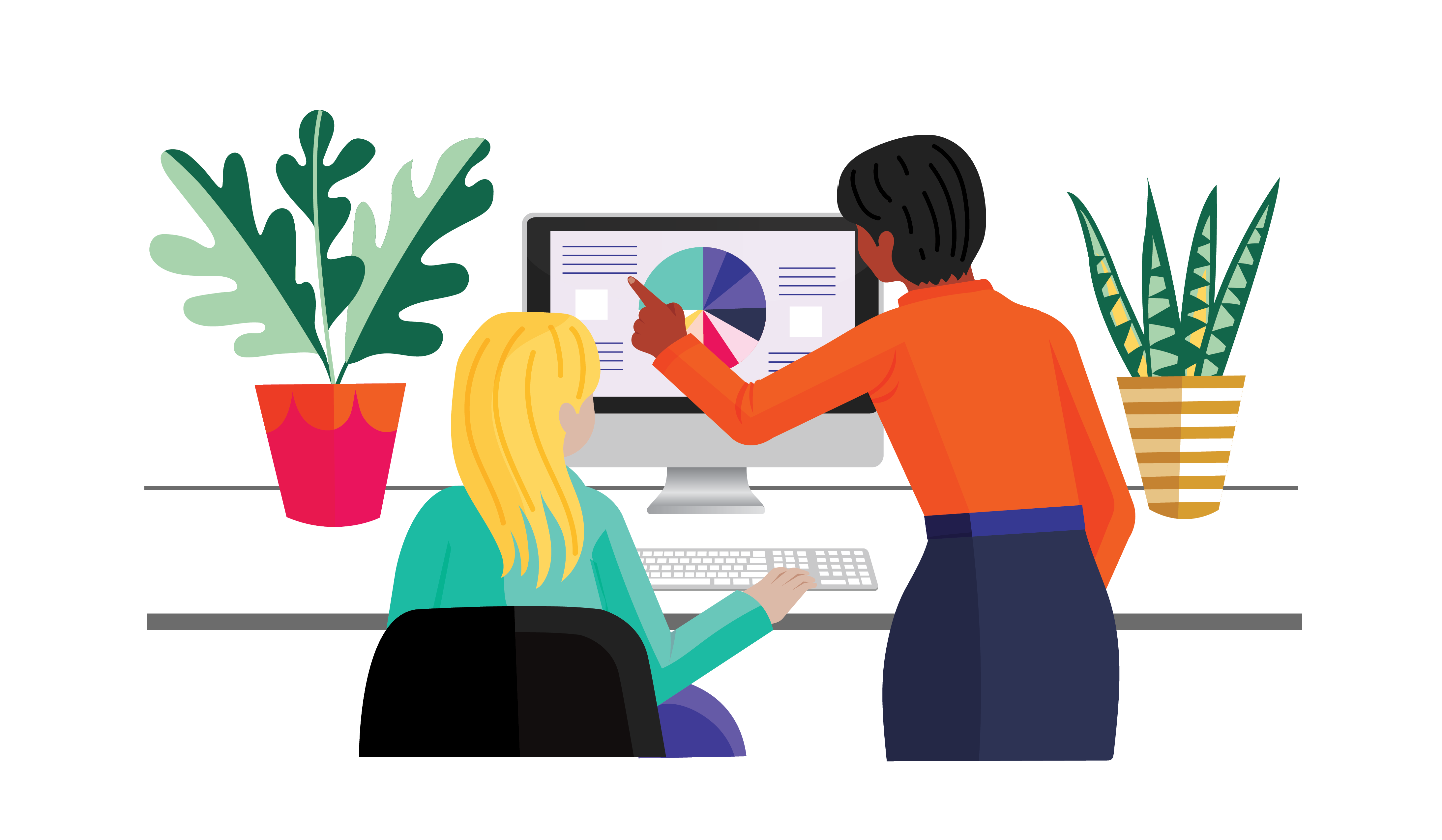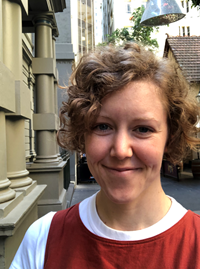Issue 112
Term 1 2020
What is The GiST?
Resources to inspire and inform girls, schools and families in science, technology, engineering and maths (STEM).
In 2016, the Office of the Chief Scientist released a data sheet that headlined with ‘Australia loses female talent at every stage of the STEM pipeline despite no innate cognitive gender differences’.
This statement is mirrored around the world, particularly for countries that are more likely to hold implicit gender stereotypes (Nosek 2009). It’s not an easy time for girls in STEM. Girls are bombarded with messaging that they do not belong in STEM, that STEM is unfeminine, that they do not have the natural capacity to succeed in STEM, and that there is no place for them in the STEM workforce.

Illustration © Education Services Australia
As educators, we might not be able to change popular culture, or even influence family perceptions, but we can strive to provide gender-inclusive learning environments, make connections with positive role models, and open dialogue about women in STEM.
In 2018, the Australian Government Department of Industry, Innovation and Science engaged Education Services Australia (ESA) to develop a resource to support girls to engage more positively with STEM study and careers.
ESA conducted local and international literature reviews and stakeholder interviews, and sought feedback from expert panels to understand the needs of girls, their schools and their families. The result is The Girls in STEM Toolkit (The GiST), an online resource that brings together existing resources, programs and opportunities in one location, and provides information, inspiration and tools for girls and their communities.
Schools play an important role in the careers chosen by girls, and the information and materials they provide enable girls to imagine and aspire to opportunities that they may not have believed accessible.
Girls interviewed by ESA expressed views that were consistent with local and global findings (Chapman & Vivian 2016, Microsoft 2018); they were frustrated and disappointed at the lack of career information, and many simply couldn’t see themselves in STEM careers. In some cases, their initial passion or enthusiasm, particularly for technology, had been dampened by unenthusiastic male teachers, a lack of girls in the subject cohort, or a perception that only the very best and brightest girls could be successful on that career path.
As the conversations with the girls showed, it can be difficult for girls to aspire to be something that they can’t or don’t see within the society surrounding them. This is where the resources held by libraries may help to fill the information gap. Libraries can showcase books and resources featuring women in STEM careers, many of them created by women in STEM themselves, and those that encourage women to pursue studies and careers.
Within its Families section, The GiST recommends books, films and YouTube channels that girls and families can access, along with other resources such as podcasts and DIY activities. All of these suggestions can provide librarians with a range of possible options for their work within the school.
Schools play an important role in the careers chosen by girls, and the information and materials they provide enable girls to imagine and aspire to opportunities that they may not have believed accessible.
References
- Chapman, S. & Vivian, R. (2016) ‘Engaging the future of STEM: ‘Female participation in school computing: Reversing the trend’, Digital Careers Australia.
- Nosek, B., Smyth, F.L., Sriram, N, Lindner, N.M., Devos, T., Ayala, A., Bar-Anan, Y., Bergh, R., Cai, H., Gonsalkorale, K., Kesebir, S., Maliszewski, N., Neto, F., Olli, E., Park, J., Schnabel, K., Shiomura, K., Tulbure, B.T., Wiers, R. & Greenwald, A. (2009) National differences in gender-science stereotypes predict national sex differences in science and math achievement, Proceedings of the National Academy of Sciences of the United States of America. 106. 10593-7. 10.1073/pnas.0809921106.
- Office of the Chief Scientist (2016) Women in STEM: A story of attrition. Australian Government, Canberra.
